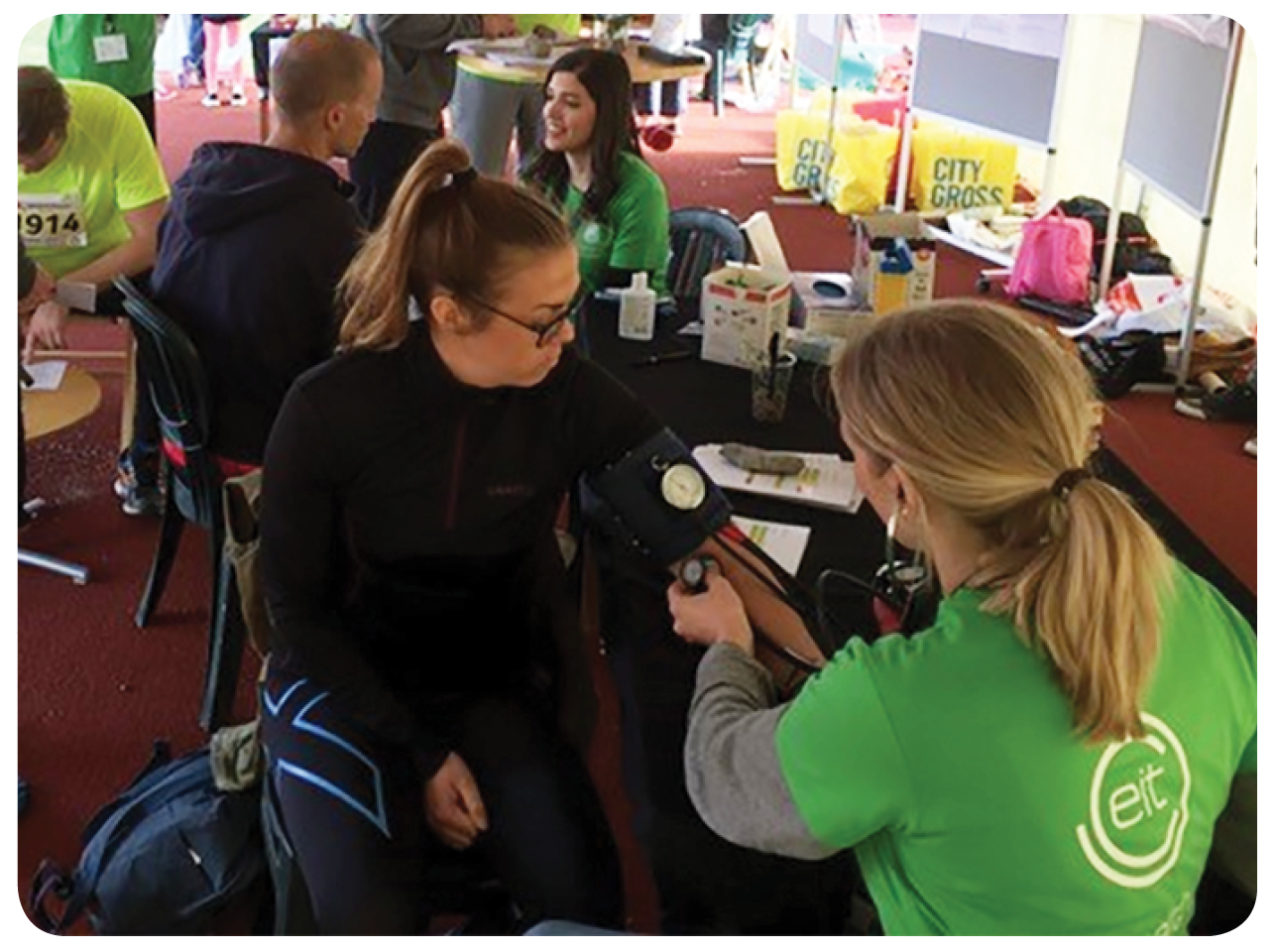10th July 2019

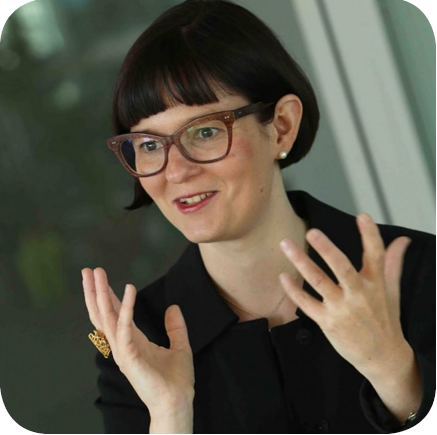
Ursula Mühle, former Director of Education at EIT Health, discusses the need to teach healthcare innovation and entrepreneurship.
Ursula Mühle was Director of Education at EIT Health at the time of this interview. She is a higher education enthusiast with over a decade of experience in science, research and education management of international multi-stakeholder formats at some of the world’s leading academic institutions. Which is why she is eager to actively contribute to the advancement of innovative research and education formats in a multi-national environment to promote sustainable innovations.
The EIT Health manifesto denotes that innovation flourishes when all sides of the knowledge triangle (academia, research and industry) come together in collaboration. However, when we refer to academia, the opportunity goes much deeper than the theoretical and academic work of Universities to innovate in health. Innovation is now being embedded into many forms of higher education by organisations such as EIT Health. Additionally, we are extending the opportunity to individuals, regardless of background, for life-long learning opportunities, to ensure that we are all equipped to navigate and address the ever-changing needs of our society.
A famous Nelson Mandela quote states that: “Education is the most powerful weapon you can use to change the world”. While health innovation may not have been at the forefront of his mind when he spoke these words, the concept behind this quote embodies completely how powerful education really can be for our sector.
As an organisation committed to improving lives in Europe, EIT Health strives to encapsulate this mission in all of our activities, and education is no exception. Education is crucial for health innovation. Historically, Universities have been at the forefront of research, and education within science has focussed on teaching individuals to become expert in their relevant science – the theory, the research, but not the application. This leaves a gap.

Q: Is entrepreneurship taught or learned?
A: Traditional education teaches our future generations to be academics, what we’re missing here is entrepreneurship. What if we could also teach university students to build ideas into viable businesses to allow their ability to stretch even further, to a place where they are delivering innovative solutions to the market that meet a clear health challenge? This would be the ideal outcome, as not only would such individuals be experts in science, but also in business or other forms of concrete applications. This is important as, while we’re strong in research and development in Europe, this doesn’t always translate into products and services. This is because entrepreneurship is a specific set of skills.
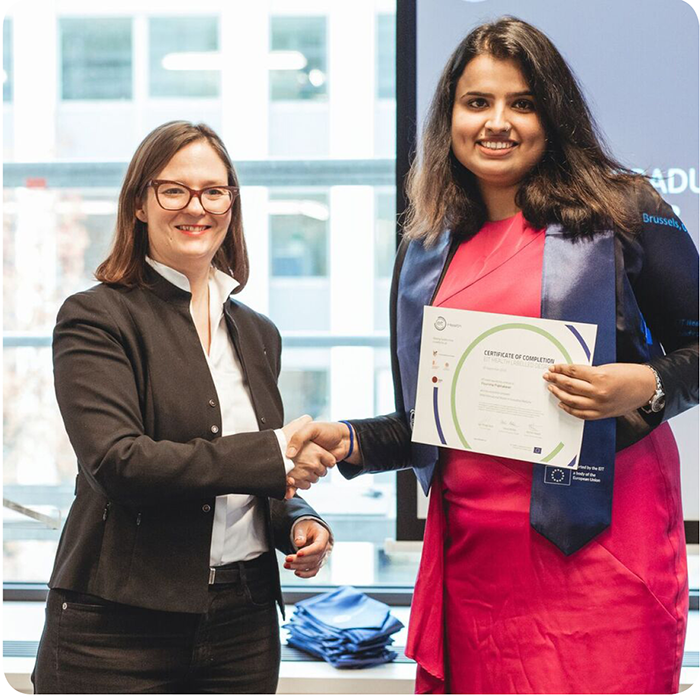
Academics are not less able to compete as entrepreneurs than those with a business background; it simply takes the right tools, methodologies, network, and a change in mindset. Entrepreneurship can absolutely be learned with the right setting – a “learning by doing” element is crucial, and providing such opportunity is a key component of EIT Health’s education programmes. We provide programmes that teach and inspire learners how to innovate in their field, in order to increase the pool of those who are contributing towards health innovation – whether that’s teaching a scientist how to build a business plan, a patient how to best manage their condition, an established industry executive to build innovation into their organisation, or a citizen to contribute to research and development.
Q: What does EIT Health do to contribute in building innovation into education?
A: Education is part of the DNA of EIT Health, as it is a crucial component of the knowledge triangle. If we don’t have all of the parts working together, we are disadvantaged. EIT Health has many educational programmes for practically every possible stakeholder. We want to ensure that innovation is embedded into education, but also that innovative education isn’t an exclusive club that is only attended by academics. Everyone can contribute towards a better future for health in Europe and that’s why our programmes reach students, industry professionals, patients, citizens and healthcare providers.
Read more about the programmes below:
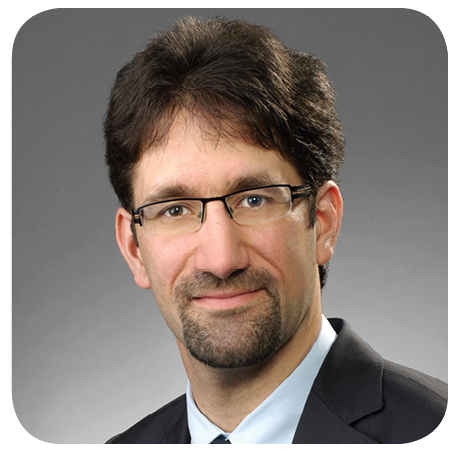
EIT Health Summer School
Raoul Haschke is the Summer School coordinator for EIT Health. Raoul is the founder of the EIT Health euVENTION Summer School, now in its third year. He also works for the startup management of Heidelberg University and the Startup Office of Heidelberg Startup Partners. Raoul has a doctorate in astrophysics from Heidelberg University.
Three questions for Raoul Haschke,
Q: How do Summer Schools contribute towards embedding innovation into education?
A: Our Summer Schools are a very important tool, offering “short-burst” add-on learning opportunities that combine academia with innovation in health. There are 13 summer schools available this year, and each one is highly tailored and specific, so that learners can maximise their time at each two-week programme. We encourage learners to attend as many as they can to soak up the exciting topics at each one.
Q: What is unique about these programmes?
A: Rather than focussing on theory, we work with our academic and industry partners to set our Summer School programmes based on real-world challenges affecting people today. Our programmes focus on design thinking, business modelling, and prototyping – some even combine all three.

We also take our learners outside the classroom, so that they are not only reading from books, but faced with challenges first-hand to enrich their insight and understanding. They could spend time with clinicians in a real hospital setting, or be invited to a keynote speech delivered by a relevant expert. Our programmes each offer something different to cater to different learning needs and preferences, and that’s why they are special.
Q: Who should get involved in the programme and why?
A: Summer Schools are for all enthusiastic, budding young entrepreneurs. Anyone can participate, however Master’s and PhD students are the main target group.
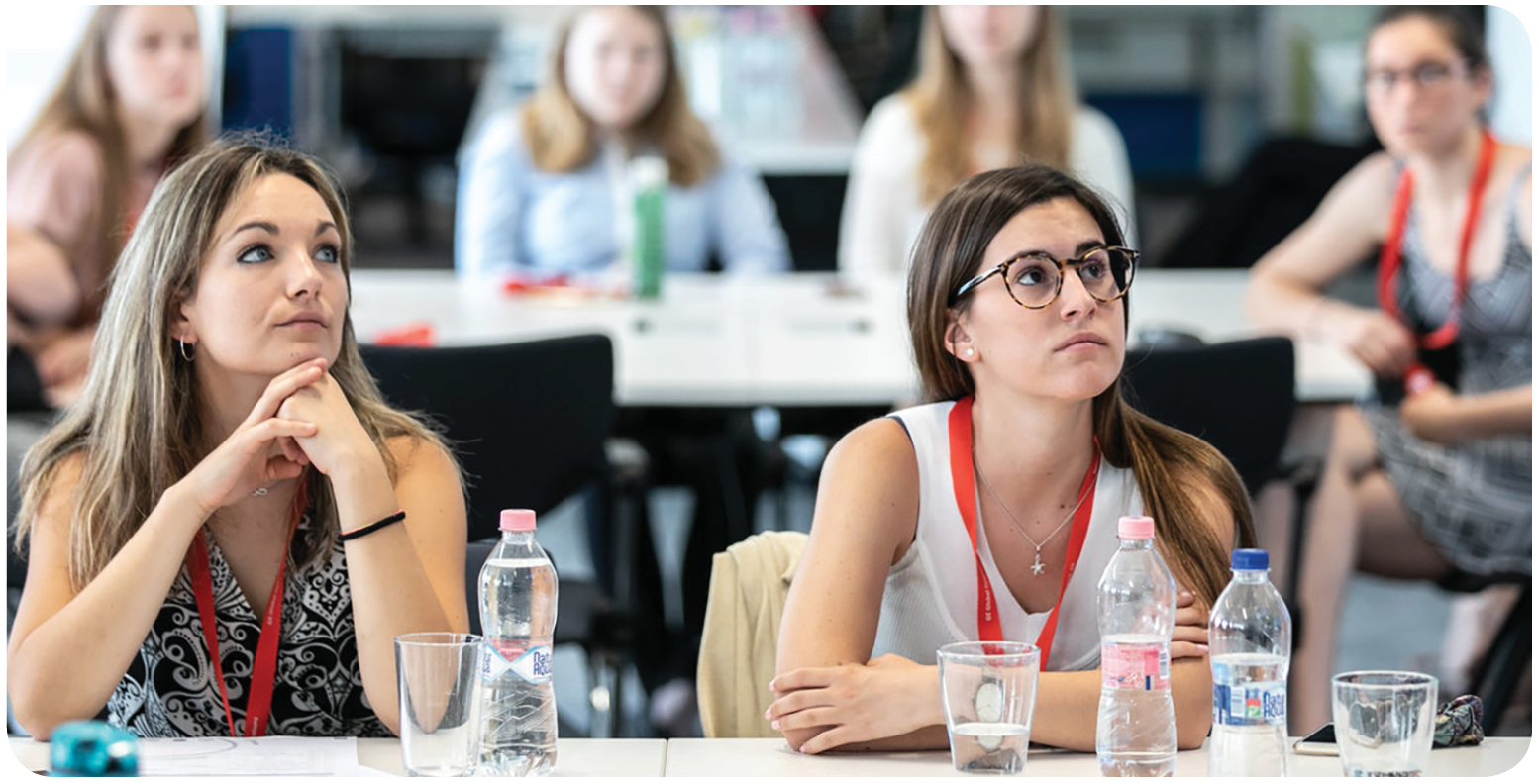
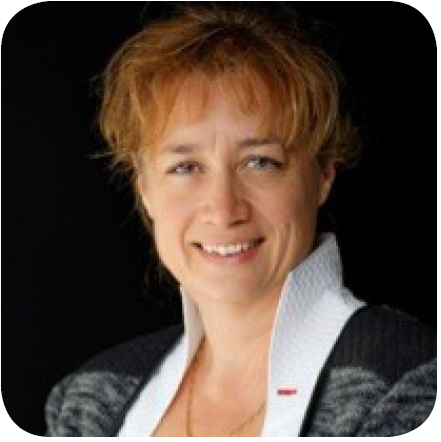
EIT Health Degree Programmes
Véronique Perdereau is Academic Lead for EIT Health Degree Programmes and a professor of robotics at the Faculty of Science and Engineering at Sorbonne University. She has been responsible for several master specialities from 2004 to 2017 and on the academic commission of the Sorbonne University Institute of Health Engineering from 2014 to 2017. She has been heavily invested in EIT Health since 2015, where she is Academic Lead for EIT Health Degree Programmes. She received the Stars of Europe Award in 2014.
Three questions for Véronique Perdereau.
Q: How do the Master’s and PhD degrees contribute towards embedding innovation into education?
A: In our Master and PhD programmes, students across Europe work in multidisciplinary teams to solve health issues and learn to convert their ideas into strong business cases. Students participate in seminars, workshops and networking activities with non-academic partners, including hospitals, research institutes, industry and start-ups, and complete a compulsory internship as part of their thesis. These programmes encourage innovative pedagogies and take place in at least two of EIT Health’s prestigious partner universities. In addition, there is a mobility scheme embedded into each programme to give students the opportunity to travel and develop their skills in different environments and cultures. Q: What is unique about these programmes?
Q: What is unique about these programmes?
A: The EIT Health degree difference is in the fostering of collaboration between EIT Health academic and non-academic partners. This develops programmes that truly drive innovation and entrepreneurship in healthcare. Graduates form the next generation of healthcare innovators and leaders, so it is an exciting opportunity for students. EIT awards Master’s and PhD programmes the EIT Label, a “quality stamp” that recognises excellent innovation and entrepreneurship training.
Q: Who should get involved in these programmes and why?
A: Students who want to become the next generation of health innovators and leaders. Those who want to study at Europe’s top Universities and develop their entrepreneurship skills in the healthcare sector should consider applying.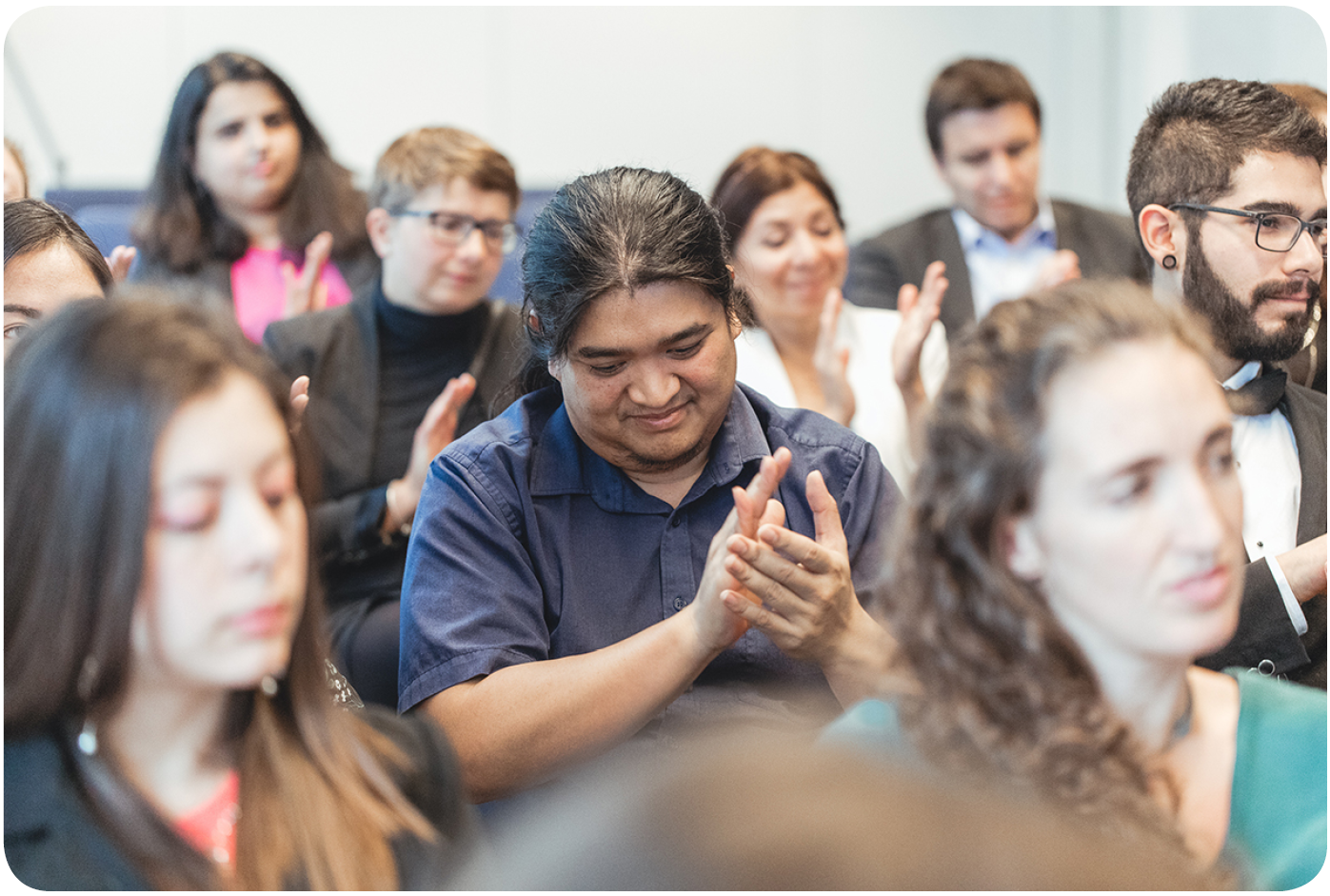
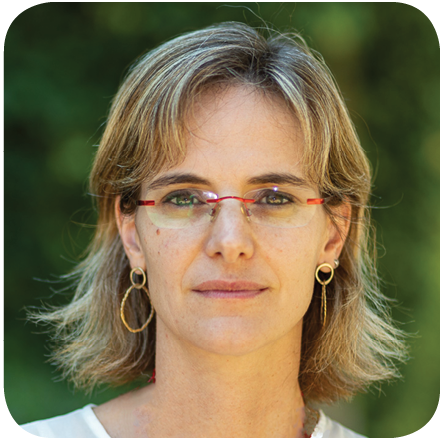
EIT Health Executive and Professional Training
Montserrat Codina, EIT Health Executive and Professional Training Co-ordinator, is also International Project Manager (Education in Healthcare Innovation) at CRHIM-Centre for Research in Healthcare Innovation Management at IESE Business School – University of Navarra in Barcelona. She is an adjunct professor at University of Barcelona and has been a project manager for Fundació Clinic per a la Recerca and for Institut d’Investigacions Biomèdiques August Pi i Sunyer (IDIBAPS).
Three questions for Montserrat Codina
Q: How does EIT Health Professional and Executive training contribute towards embedding innovation into education?
A: Our training programmes for professionals and executives are extremely ambitious, and aim to empower established professionals to evolve with the fast-paced landscape of health innovation, so that they may deliver the next generation of transformational change. We offer various modalities of high-impact educational activities specifically tailored for professionals and executives using novel training formats. Our courses combine technical know-how and best pedagogic practices, and are delivered by some of the world’s best Universities, hospitals, research institutes and business schools.

Q: What is unique about these programmes?
A: Our programmes are focussed on preparation for the future of the healthcare sector. We are constantly changing and evolving as a sector, and leaders must be agile in order to continue to be amongst the best. Our programmes provide such leaders with the skills they will need in order to navigate the evolving landscape. Additionally, exposure to our partners in multiple geographies means that participants can gain a broader perspective about the needs and practices on the ground, across disciplines. Access to our vast network also allows them to forge meaningful connections with high-calibre peers.
Q: Who should get involved in the programme and why?
A: The programmes are for professionals who want to enhance their innovation capacity and for executives seeking to lead innovation to overcome the main challenges facing the healthcare sector today and in the future.
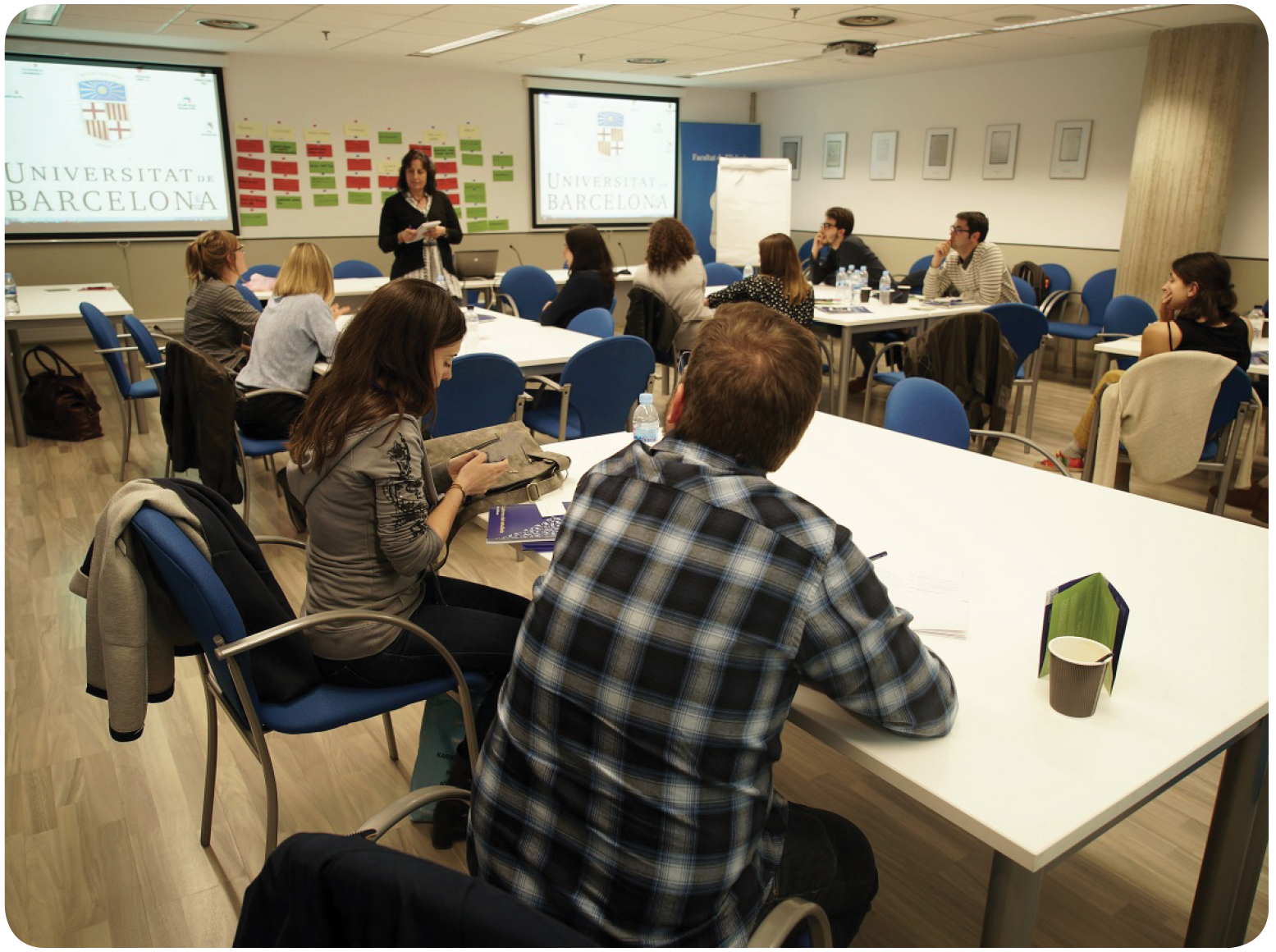
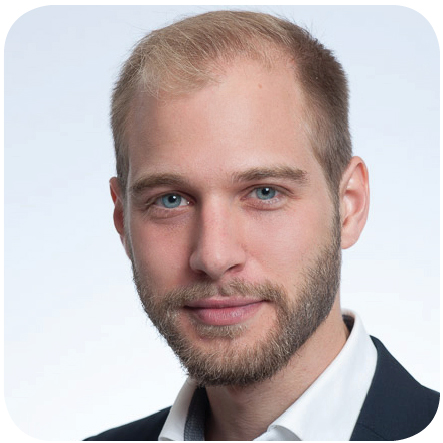
EIT Health Fellowship Programmes
Daniel Mogefors is the EIT Health Fellowship Coordinator. He is also a Programme Manager at Oxford University. Before joining EIT Health he was Associate Director of the EIT Health Campus fellowship programme in Sweden at KTH Royal Institute of Technology and Karolinska Institutet.
Three questions for Daniel Mogefors
Q: How do the Fellowship Programmes contribute towards embedding innovation into education?
A: The Fellowship Programmes are based on an established needs-led innovation approach, putting the end-user’s needs at the heart of the innovation process and utilising multidisciplinary teams to drive unique solutions to identified problems. We embed our learners into daily clinical practice (clinical immersion), giving them an opportunity to witness the most pressing healthcare needs first-hand. We then support the learners from needs validation to solution generation and validation, with business concept development as the final phase. During the programme, teams co-create solutions, are mentored by clinical and industry experts, and have access to the leading institutions in the European health innovation ecosystem through the EIT Health network.

Q: What is unique about these programmes?
A: The programmes are unique because they are comprised of truly multidisciplinary teams supported by direct involvement of healthcare and industry. No other programme in Europe integrates a six to eight-week intensive clinical immersion like this. By applying digital tools, such as regulatory navigation support and a digital project management platform, we obtain a greater reach of blended learning methods.
Q: Who should get involved in the programme and why?
A: Learners who are interested in innovation and want a thorough understanding of daily clinical practice and how to drive innovation in a complex environment such as healthcare. The programmes are a unique opportunity to get hands-on experience of developing a solution in close collaboration with the main stakeholders in healthcare.
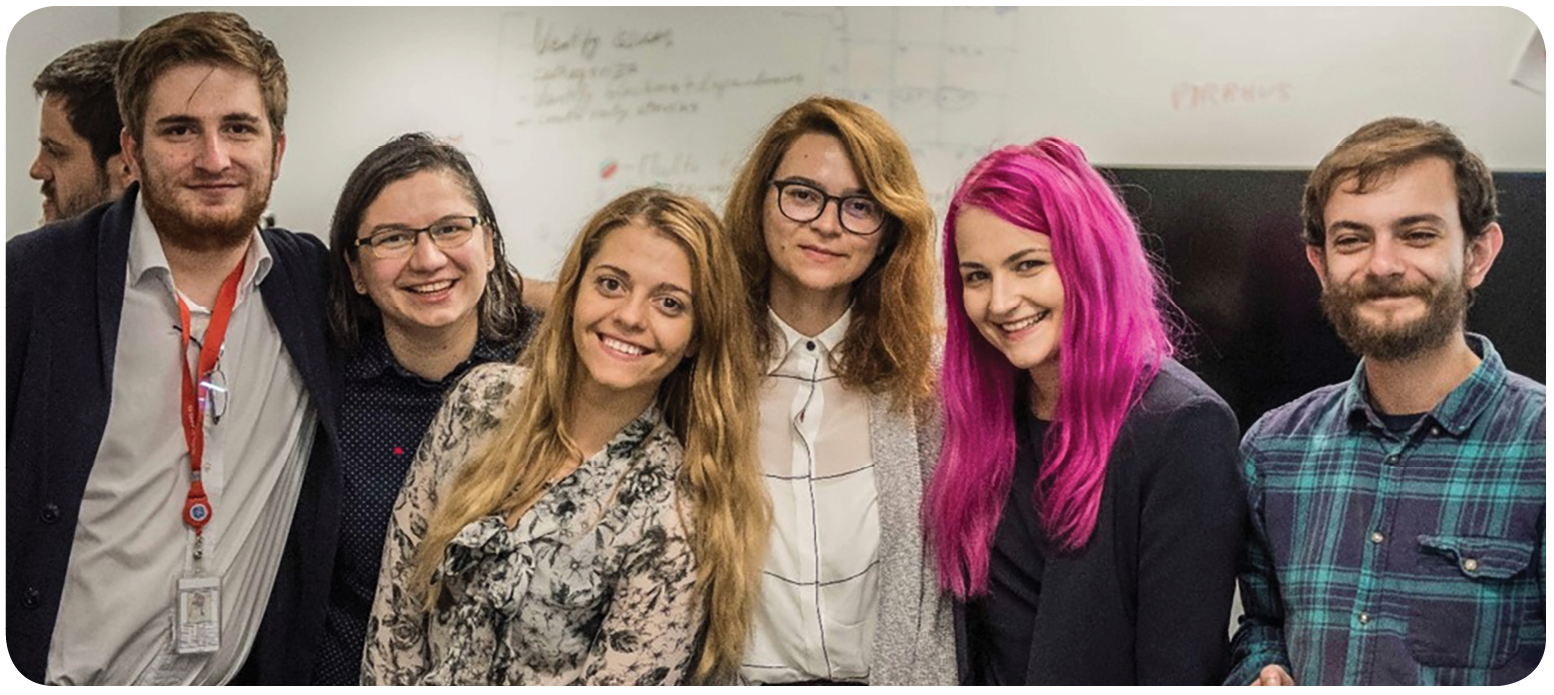
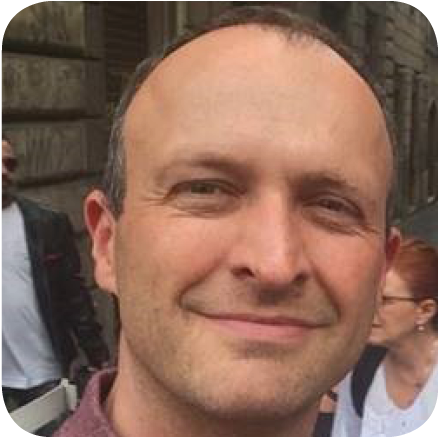
EIT Health SUpport to Patients and Citizens
Roel Kamerling is the EIT Health Citizen Engagement Coordinator. He has held other Coordinator positions at EIT Health and he also works as a Programme Developer at TU Delft | Global Initiative.
Three questions for Roel Kamerling
Q: How does EIT Health Support to Patients and Citizens contribute towards embedding innovation into education?
A: EIT Health intends to support people in living active and healthy lives, and one of the most important aims is to educate people, patient or citizen, to understand their own health condition, what they can do to benefit their health and how to get the support to actually maintain a healthy lifestyle. The best contribution that we offer people is to help them stay healthy by themselves, instead of curing them when they get sick, although we aim to do that of course as well. In this day and age, it is very confusing for people, of all educational levels to access solid information and advice. EIT Health aims to develop, validate and introduce in the market training and support mechanisms, by working together with the end-users (citizens and patients).

Q: What is unique about the programme?
A: Our network of companies, healthcare professionals, Universities, cities and citizen and patient organisations brings together all the actors necessary to develop new learning and support instruments. We work through health festivals, employer check-up programmes, online learning and support platforms, etc. We can test these, make use of the diversity and experiences from other European regions and scale up validated programmes across Europe quickly.
Q: Who should get involved in the programme and why?
A: We invite citizen groups and cities, healthcare professionals and companies to engage in our programmes, to develop the new instruments into validated programmes, and to implement programmes all over Europe to support citizens and patients in living active and health lives.
